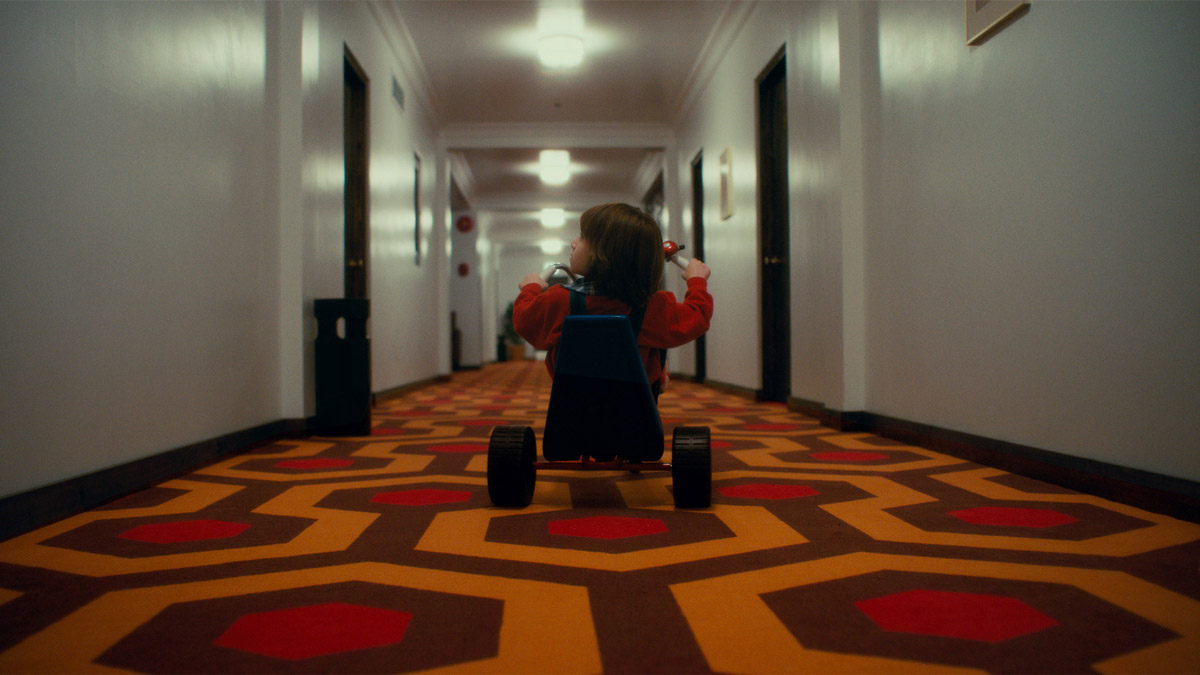
(c)2019 Warner Bros. Ent. All Rights Reserved
``Doctor Sleep'' follows Kubrick's ``The Shining'' and why it satisfied the original author King *Note! Contains spoilers.
2019.12.01
"Doctor Sleep" synopsis
Forty years ago, Danny (Ewan McGregor), who survived a tragic incident at a hotel in the snowy mountains, is traumatized and continues to live a lonely life, avoiding the public eye. A series of child disappearances occur around him. One day, Danny receives a Arrival from a mysterious girl, Abra (Kylie Curran). She has a ``special power (The Shining)'' and was ``witnessing'' the scene of the incident. The two pursue the mystery of the incident. Eventually, the two arrive at Danny's fateful place, that cursed hotel...
``Doctor Doctor Sleep,'' directed and written by Mike Flanagan and starring Ewan McGregor, is a film adaptation of the novel of the same name that was released in 2013 as a sequel to Stephen King's third feature, `` The Shining .'' It is based on King's previous work. It also serves as a sequel to Stanley Kubrick's film `` The Shining '' (1980). It may sound obvious, but achieving both of these goals was actually a tremendous challenge. Why?
*The ending of both ``Doctor Sleep'' and the previous work ``The Shining'' are mentioned. We recommend viewing it after viewing.
Index
- The Shining, a movie that King hated
- The conundrum of connecting King's sequel novel with Kubrick's adaptation
- Unusual “superhuman team battle” in King’s work
- Strange coincidence with the manga "JoJo"
- The rescued “King’s alter ego”
The Shining, a movie that King hated
In a previous article on this site about ``The Shining,'' I mentioned that King, the original author, had repeatedly criticized the movie, which Kubrick had made by drastically altering the contents of the novel. I've cited the poor casting, the lack of understanding of the true nature of horror, and the fact that the novel's ending is ``fire'' and the movie is ``ice'', which are the exact opposite, but the biggest factor is probably the treatment of the main character, Jack Torrance.
"The Shining" preview
As I wrote earlier, King projected himself into Jack, an aspiring writer. He had a real experience of suffering from alcoholism, and the idea for this work came from staying at a hotel before it closed for the winter. In the novel, Jack gradually loses his sanity at the Overlook Hotel, but he struggles until the end between interference from evil spirits and love for his family, and finally sacrifices himself to "win" against the hotel and lose his wife and child. I protected it.
However, in the film, Jack played by Jack Nicholson shows little sense of family love, becomes obsessed with madness, chases his wife and son around, and ends up defeated by a hotel curse. From King's perspective, if he entrusted the role of a ``self-sacrificing hero'' to a master director, he would have been reduced to a ``psychotic villain.'' It is natural that I was not satisfied and felt frustrated.
The conundrum of connecting King's sequel novel with Kubrick's adaptation

